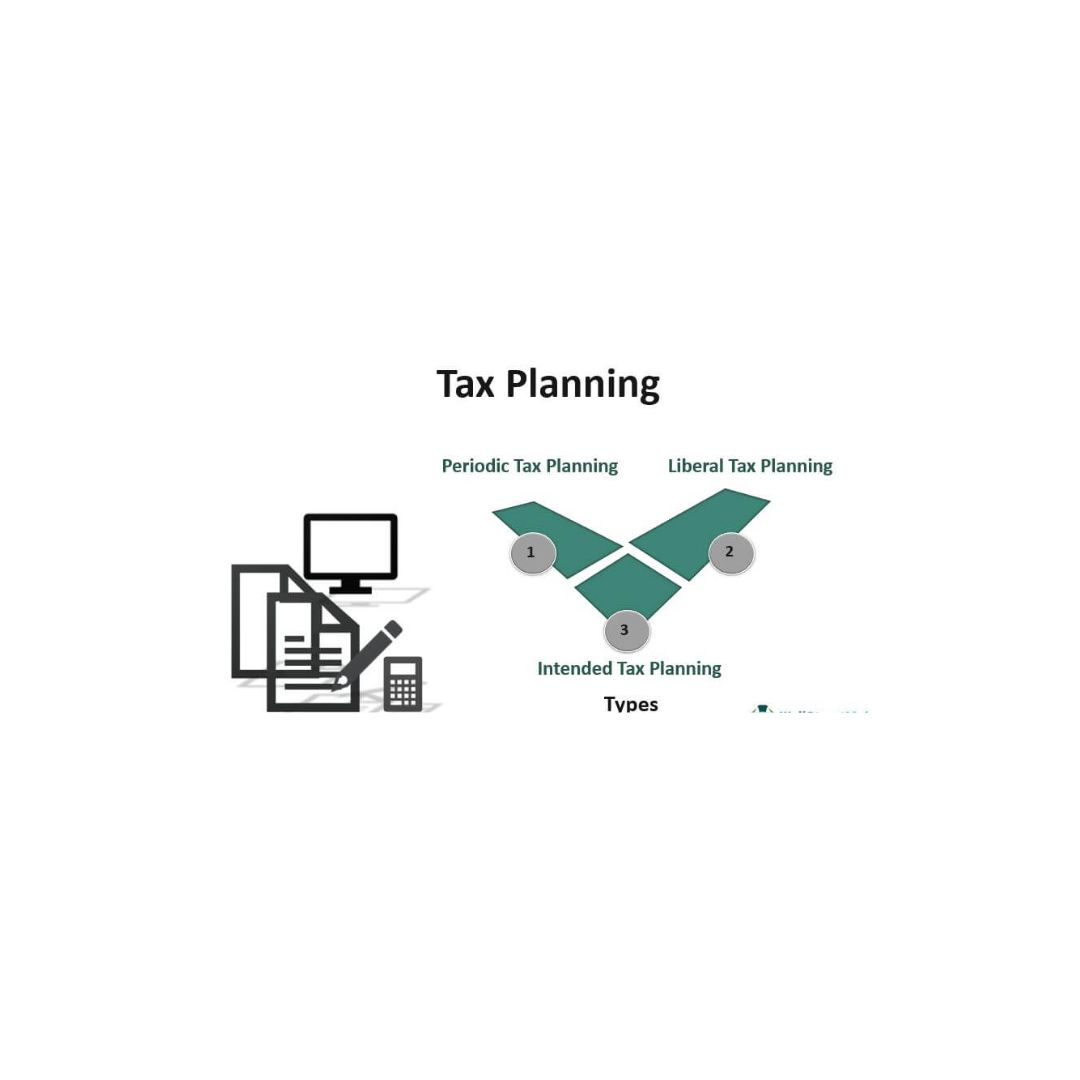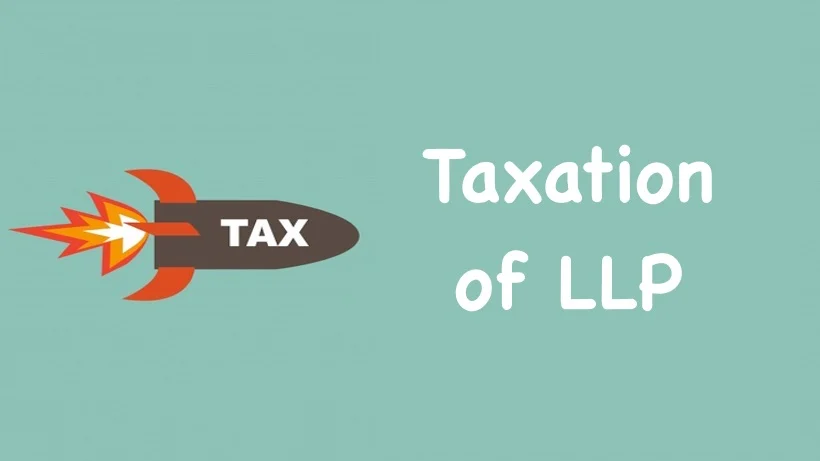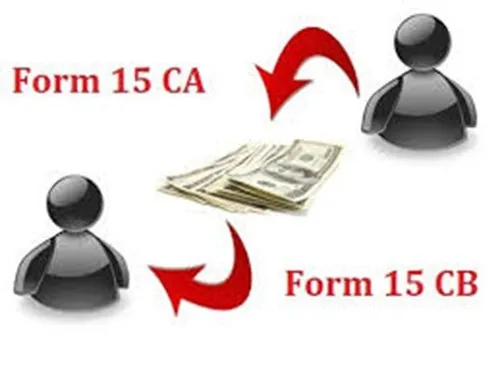Salary Slip Components
Salary Slip Components A Salary slip components is a document issue by an employer to an employee detailing their earnings and deductions for a specific pay period. It includes information such as basic salary, allowances, taxes, and deductions. Salary slips serve as proof of income and provide transparency in the employer-employee relationship. Salary Slips… Read More »









